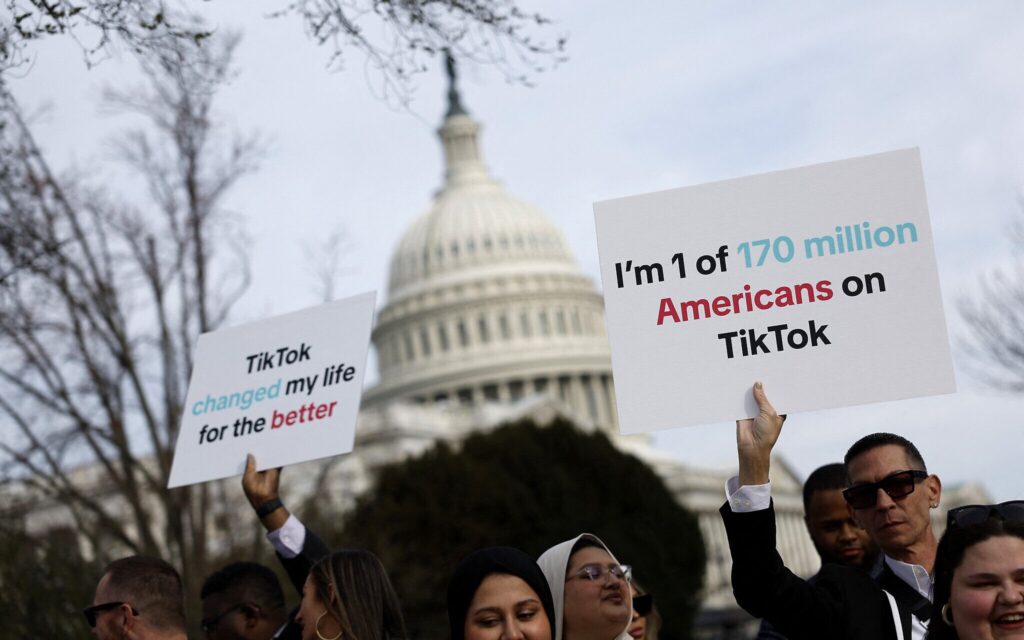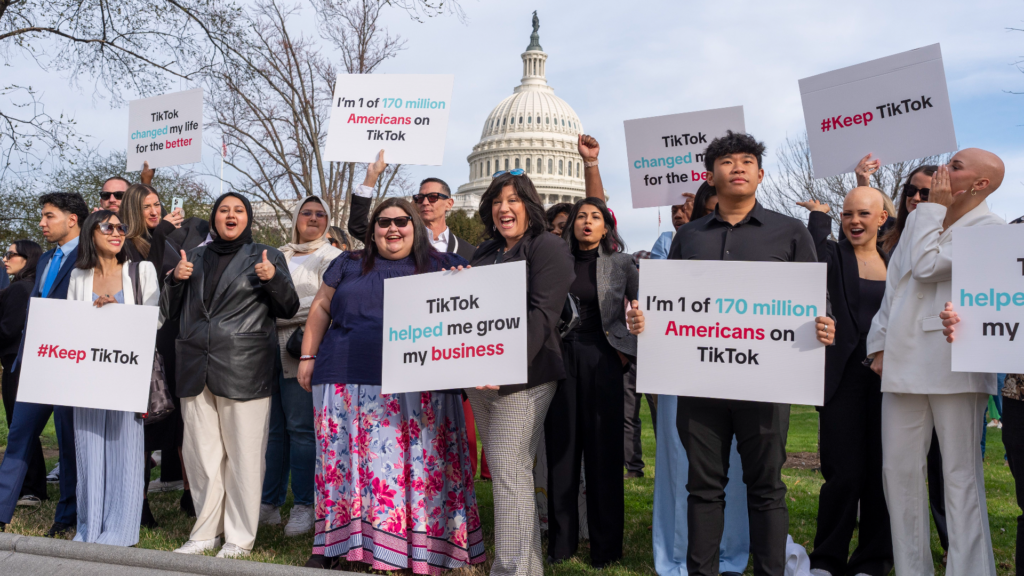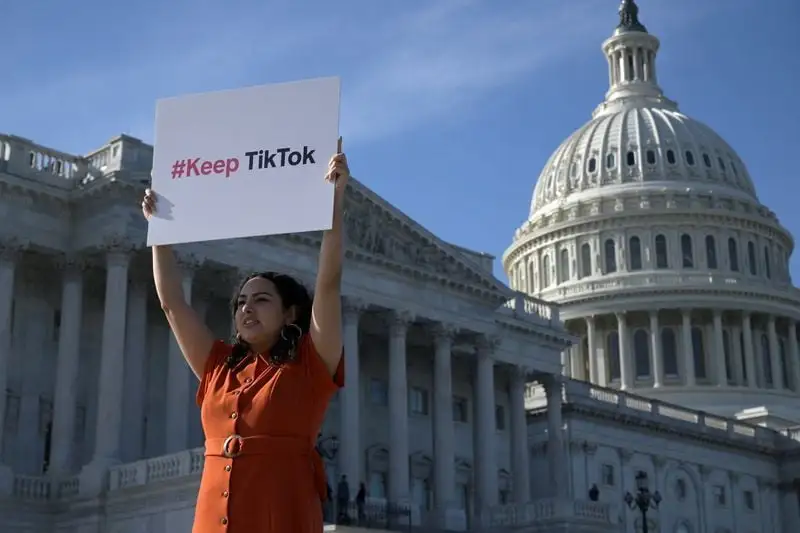A bipartisan bill aimed at prohibiting TikTok, the widely used short-video sharing app owned by the Chinese company ByteDance, has swiftly passed through the US House of Representatives. Dubbed the “Protecting Americans from Foreign Adversary Controlled Applications Act,” the bill seeks to authorize the US President to eliminate any digital platform or app from American cyberspace on national security grounds. Subsequently, the proposed legislation will undergo a vote in the Senate. If enacted, it would provide TikTok’s owner with 180 days to divest its shares to avoid a nationwide ban.
The House vote witnessed overwhelming support, with 352 in favor and only 65 opposed. Following approval from the Energy and Commerce Committee earlier this month, the bill was expedited to a vote. Although not explicitly mentioning TikTok, lawmakers singled out the app for criticism in their statements regarding the bill.

Committee Chair Mike Gallagher conveyed a stern message to TikTok, urging it to sever ties with the Chinese Communist Party (CPC) or risk losing access to American users. Representative Raja Krishnamoorthi underscored that as long as TikTok remains under ByteDance’s ownership, and thus subject to collaboration with the CPC, it poses significant threats to national security.

TikTok boasts over a billion users, ranking as the fourth largest social media platform globally in terms of monthly active users. Its rapid ascent, particularly popular among ‘Gen Z,’ has unsettled the US, as it poses a challenge to the dominance of American platforms. Hence, the US has contemplated banning TikTok for some time. Former President Donald Trump attempted to ban the app in 2020, while recent concerns were reignited by FBI Director Christopher Wray’s testimony before Congress last year, highlighting TikTok as a tool of the Chinese government raising national security concerns.
While US lawmakers have raised apprehensions about TikTok’s potential security risks, cybersecurity experts regard these concerns as speculative, lacking substantiated evidence. Notably, during a contentious committee hearing, TikTok CEO Shou Zi Chew refuted allegations of national security threats, emphasizing that ByteDance is not owned or controlled by the Chinese government. Chew outlined measures, such as “Project Texas,” aimed at ensuring American data remains on US soil under the oversight of American entities, to assuage data privacy concerns. However, lawmakers remained unconvinced.
The scrutiny surrounding TikTok aligns with broader geopolitical tensions between the US and China. India’s ban on TikTok in 2020, followed by similar actions from US allies and members of the Five Eyes intelligence-sharing network, underscores a coordinated effort to curb Chinese influence. Geopolitical considerations, coupled with concerns about technological competition and national security, underpin the push to restrict TikTok’s presence in Western markets.

